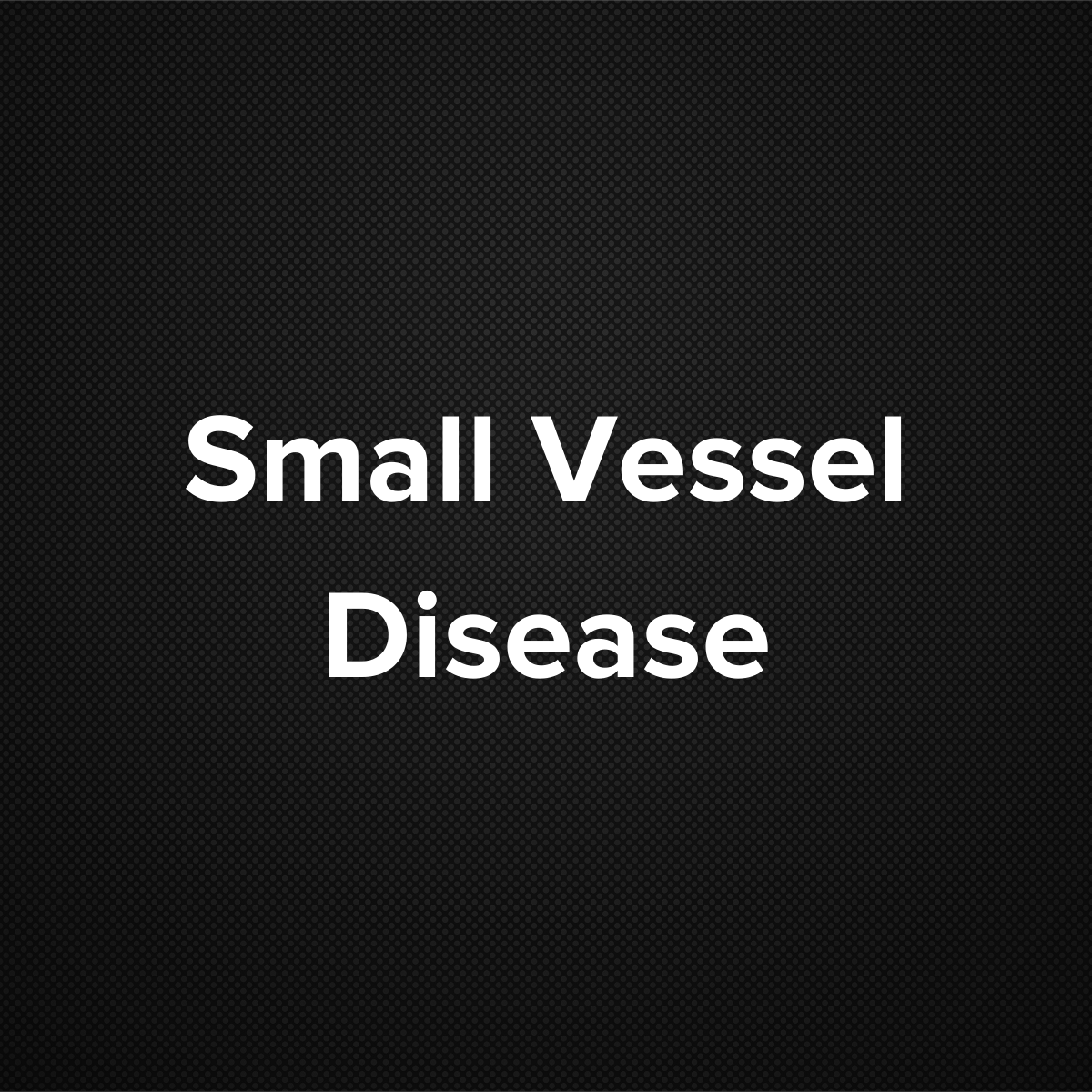Causes and risk factors
Usually big coronary arteries supply blood to the heart along with compensatory mechanism reflected to the small arteries which dilate and contract during exercise and rest. Any pathology like blockages in the big arteries will result into narrowing of small vessels. Small vessel disease is caused as a result of narrowing of small vessels. Narrowing occurs as a result of many conditions such as atherosclerosis [deposition of fatty substance in the walls of the arteries]; spasms of the arteries etc. women at are higher risk of getting small vessel disease due to the hormonal changes. The risk increases after menopause. Additional risk factors include advanced age, obesity, diabetes, high cholesterol. High blood pressure, insulin resistance, PCOD, lack of exercise, smoking, tobacco use.
Clinical presentation
The main presenting feature of small vessel disease is chest pain [angina]. The patient presents with pain in chest. There is burning, pressure and tightness in chest. Pain is squeezing and crushing type. Pain which is referred to other parts example chin, jaw, left arm, stomach etc. there is difficulty in breathing. There is profuse sweating. Additional symptoms include dizziness, fatigue, and cold clammy skin, and restlessness, urgency to pass urine or stool. If the patient is left untreated, this can lead to heart attack or heart failure.
Investigation
Medical history by the patient and Clinical examination by the doctor helps in diagnosis. ECG is required. Routine blood test, Blood tests for cardiac markers is done. Pulse oximetry is done. Echocardiography, Stress tests is advised. Imaging studies such as MRI, PET scan is useful for further evaluation. Coronary angiogram may be recommended. Endothelial function test is advised.
Treatment
Blood thinning medicine, vasodilators, and medicines to control blood pressure, anxiety, abnormal heart rhythms, and cholesterol are prescribed. Surgery can’t be performed as the blood vessels are too small to be operated. Doctor will recommend lifestyle modification measures such as eating heart healthy diet, regular exercise, quit smoking, tobacco, alcohol and keep a check over blood pressure, blood sugar and cholesterol levels which contribute further to the treatment.
Other Modes of treatment
The other modes of treatment can also be effective in treating small vessel disease. Homoeopathy is a science which deals with individualization considers a person in a holistic way. This science can be helpful in combating the symptoms. Similarly the ayurvedic system of medicine which uses herbal medicines and synthetic derivates are also found to be effective in treating small vessel disease.






























